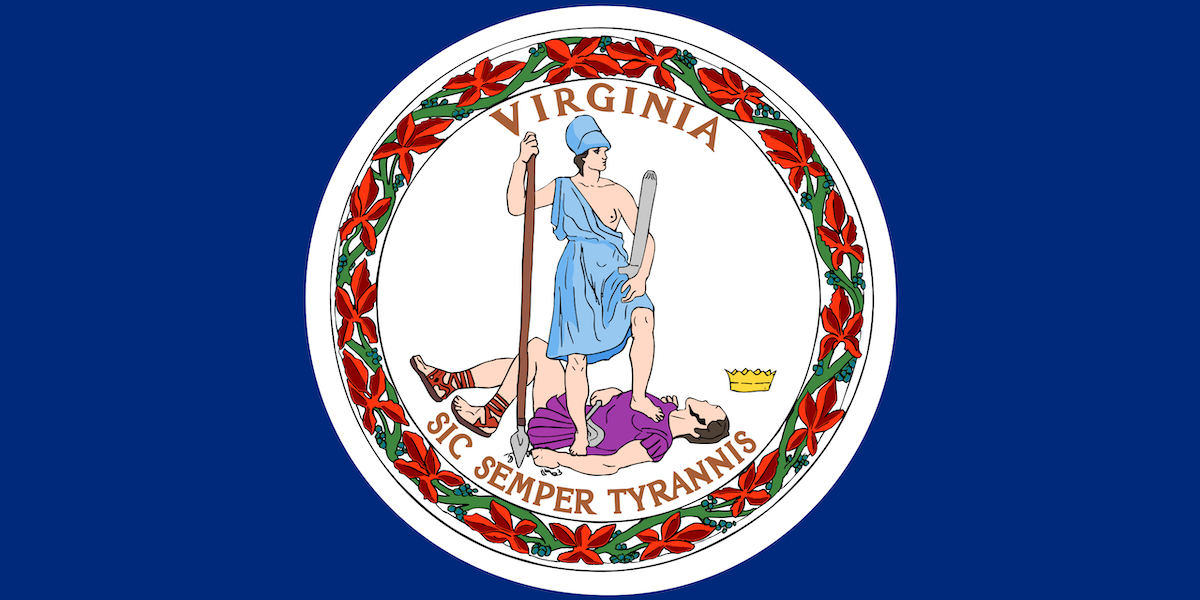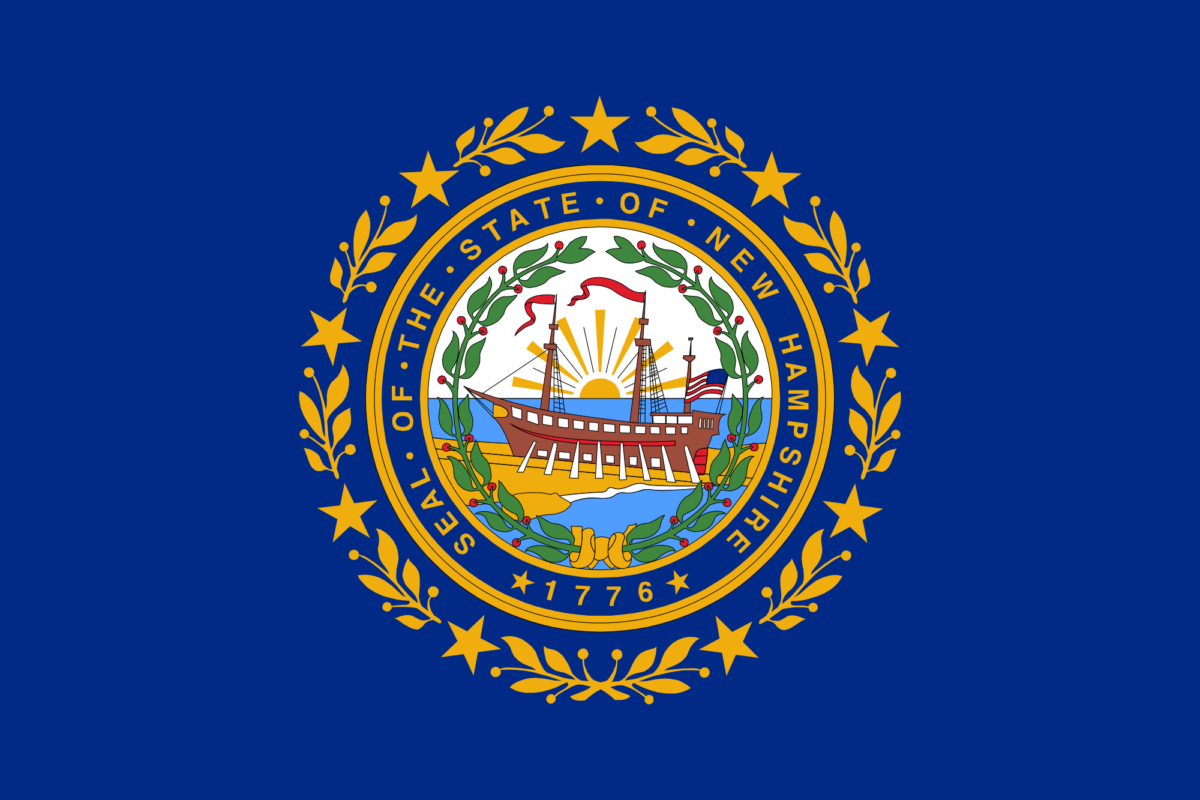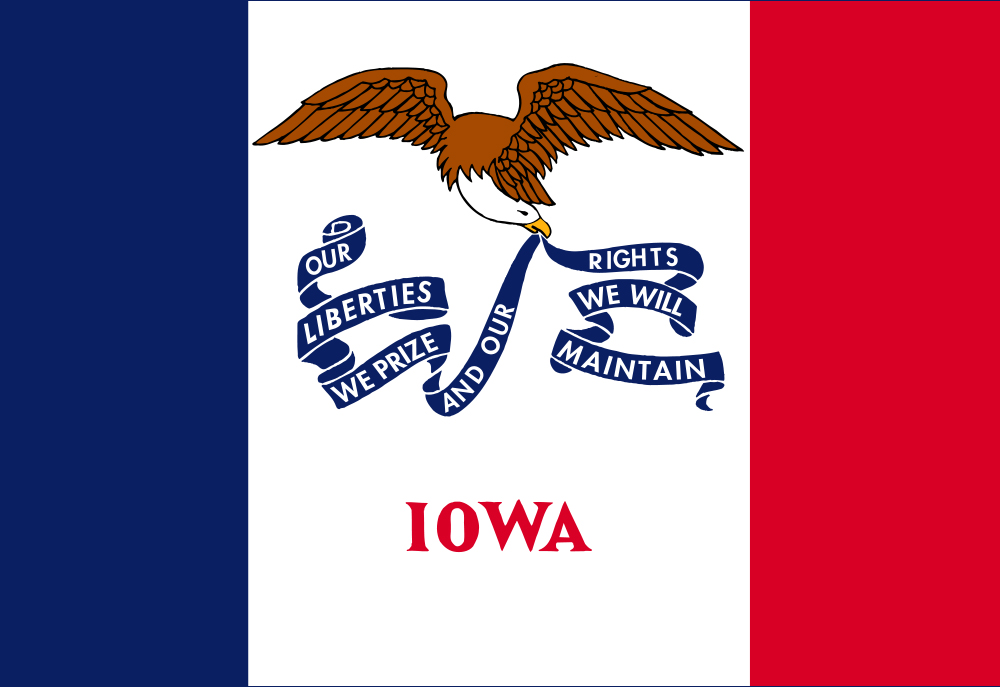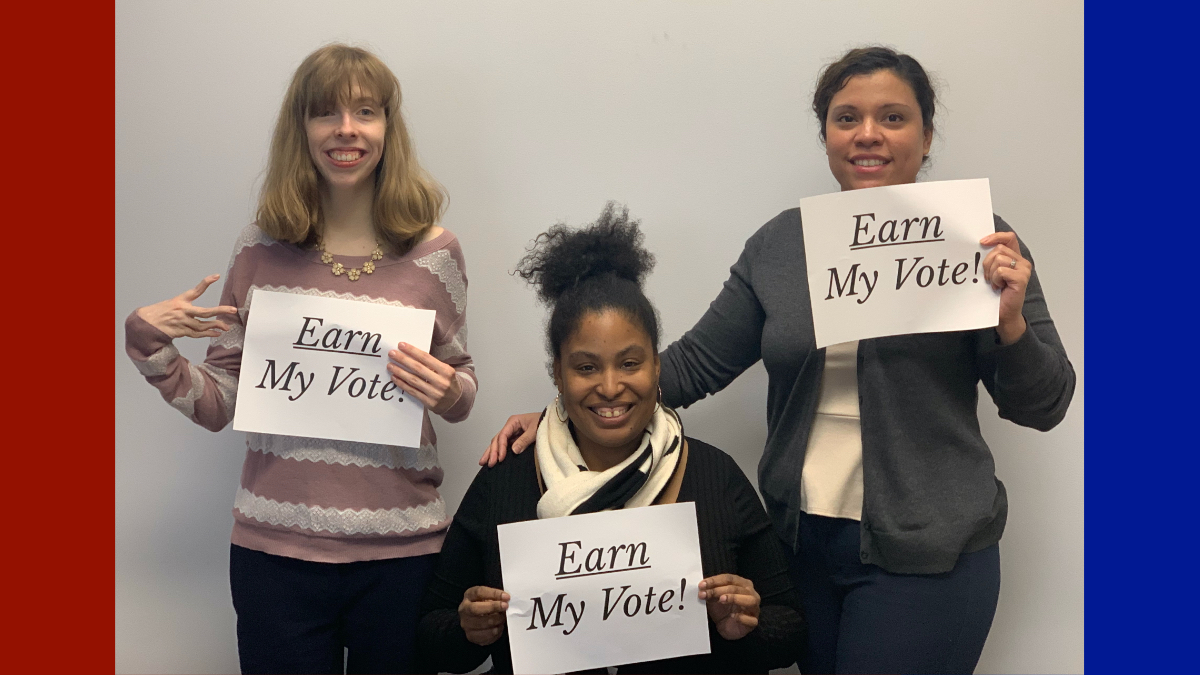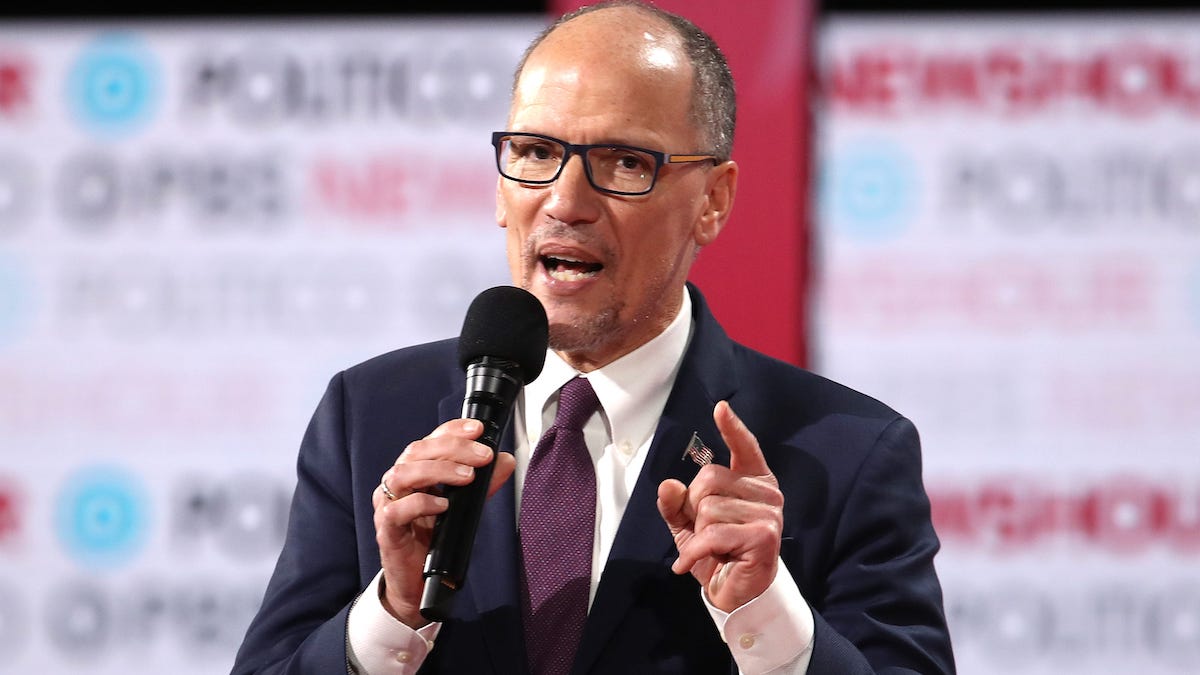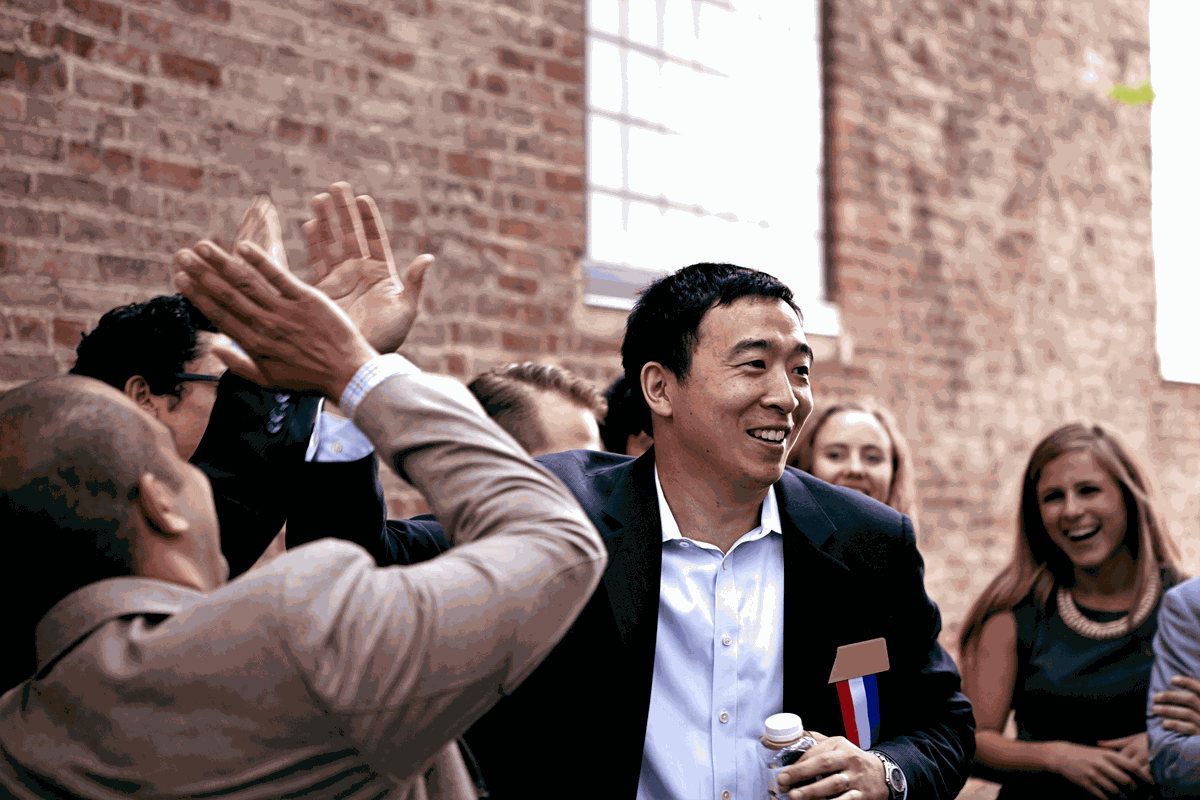Guide Highlights Presidential Candidates’ Responses to 2020 Disability Candidate Questionnaire
Manchester, New Hampshire, Feb. 10 – As New Hampshire voters get ready to go to the polls in their state’s primary election, the nonpartisan disability rights nonprofit RespectAbility has released its New Hampshire State Voter Guide. According to the 2018 Annual Disability Statistics Compendium, there are more than 171,000 people with disabilities in New Hampshire. There is no early voting in New Hampshire’s presidential primaries. However, absentee ballots can be requested until the day before the election (February 10, 2020) and must be received by the day of the election (February 11, 2020) at 5:00 PM. This is a useful option for people with disabilities whose disability keeps them from voting in person. Voters with disabilities also can have an election judge or a person of their choice assist them with voting in person, as long as that person is not the individual’s employer, union representative, or a candidate running for office.
Research conducted in the 2018 election shows that 74 percent of likely voters either have a disability themselves or have a family member or a close friend with disabilities. The upcoming elections and their results will have an impact on people with disabilities, so it is important to become familiar with the candidates’ positions on certain issues.






